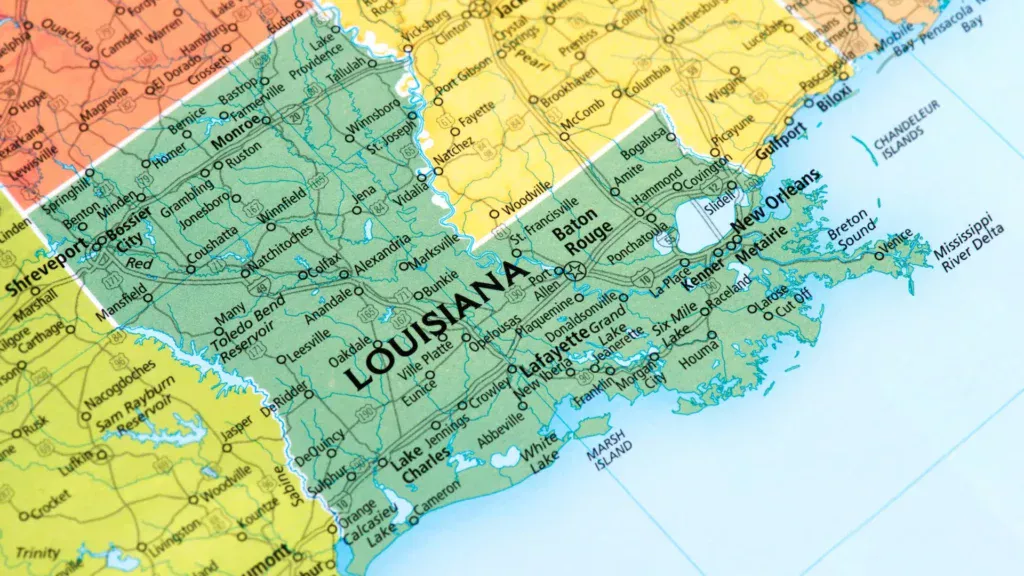Louisiana’s Republican-controlled senate passed a bill on Monday that would let state and local police arrest and jail people who entered the US illegally. This is similar to a law in Texas.
There’s a big argument between Republican states and President Joe Biden about who should control the US-Mexico border. Louisiana is joining other states trying to take more control over border rules.
People who support the bill, like GOP state senator Valarie Hodges, say Louisiana should protect the country. They think the federal government isn’t doing enough to enforce immigration laws.
But opponents say the bill is against the constitution. They think it will not make Louisiana safer and will only increase negativity toward immigrants.
Other Republican states are also enacting tougher immigration rules. Oklahoma passed a law that prevents the state from giving benefits to people living there illegally.
In Tennessee, a bill waiting for the governor to agree on says police must tell federal immigration authorities about people living in the country illegally.
Louisiana doesn’t share a border with Mexico, but it’s pushing for laws targeting immigrants who might have entered illegally. They want to stop cities from protecting immigrants and are even thinking about sending the state’s National Guard to Texas’s border with Mexico.
The bill in Louisiana makes it a crime to enter the state illegally. People who break this law could go to jail for up to a year and pay a fine. A second offense could mean up to two years in jail and a bigger fine. But there are exceptions for certain crimes.
This bill would also let Louisiana team up with Texas and other states to boost border security. Supporters say this will help stop illegal crossings.
Opponents worry that the bill gives too much power to the state, might lead to racial profiling, and could cause problems in the courts.
If the bill passes the house and gets signed by the governor, it will only take effect if the US Supreme Court agrees with the Texas law or if the US Constitution changes to allow more state control over borders.
Source: The Guardian
